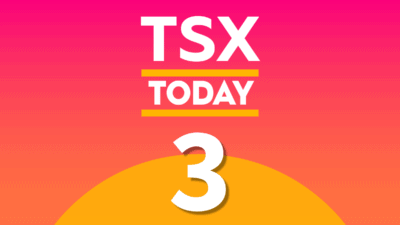In late 2017, it was clear that the grocery retail industry in Canada and North America at large was facing serious short- and long-term challenges. For Canadian grocery retailers, the minimum wage hike in Ontario was seen as a hurdle that required a shift in long-term strategy. Most of the top retailers committed to restructuring and a push for automation in order to combat the rise in operating costs.
The long-term challenge that threatens grocery retailers in Canada and the United States is the entrance of Amazon.com into the arena with the purchase of Whole Foods last year. A survey from Phononic of U.S. food retailers found that among 200 executives surveyed, seven in 10 believe that grocers are in dire need of modernization to meet the demands of consumers looking to e-commerce. When asked to identify the biggest grocery disruptors, 54% said Amazon and 41% also pointed to the threat posed by Wal-Mart.
Intense competition between Canadian retailers and fear of this looming threat have kept grocery prices relatively stable, even with higher CPI reported by Statistics Canada in 2018. In May, retail sales at supermarkets and other grocery stores fell 3.1%.
In spite of these headwinds, grocery retailers have performed well in 2018 so far. Should investors think about taking profits before the fall? Let’s take a look at three of the top grocery stocks available on the TSX.
Loblaw Companies (TSX:L)
Loblaw stock has increased 0.78% in 2018 as of close on July 30. Shares are up 5.2% over a three-month period. Shares fell marginally following the release of its second-quarter results last week. CEO Galen Weston said that inflationary pressure would likely force the hand of retailers to hike prices going forward. The company also cited trade war measures as an item of concern that will force price increases.
Loblaw still managed to achieve adjusted earnings per share of $1.11, which beat estimates. The company offers a quarterly dividend of $0.295 per share, representing a 1.6% dividend yield.
Metro (TSX:MRU)
Metro stock has climbed 8% in 2018 so far. The company has pushed for more automation and expanded its online shopping offerings to other areas in Quebec. It also plans to offer this service to Ontarians in the near future. The company was impacted by higher operating costs in the second quarter, as adjusted net earnings fell 5.1% to $108.1 million.
Metro is expected to release its third-quarter results on August 15. The stock offers a quarterly dividend of $0.18 per share, which represents a 1.5% dividend yield.
Empire Company (TSX:EMP.A)
Empire Company stock has increased 7.8% in 2018 so far. Shares are up 30.5% year over year. For the full fiscal year 2018, Empire saw sales grow by $408.4 million, and adjusted net earnings increased by $153 million. The company reported a successful restructuring in the midst of the challenges faced by the industry, and it reiterated its goal to take back market share from its competitors. The stock offers a quarterly dividend of $0.105 per share, representing a 1.6% dividend yield.








